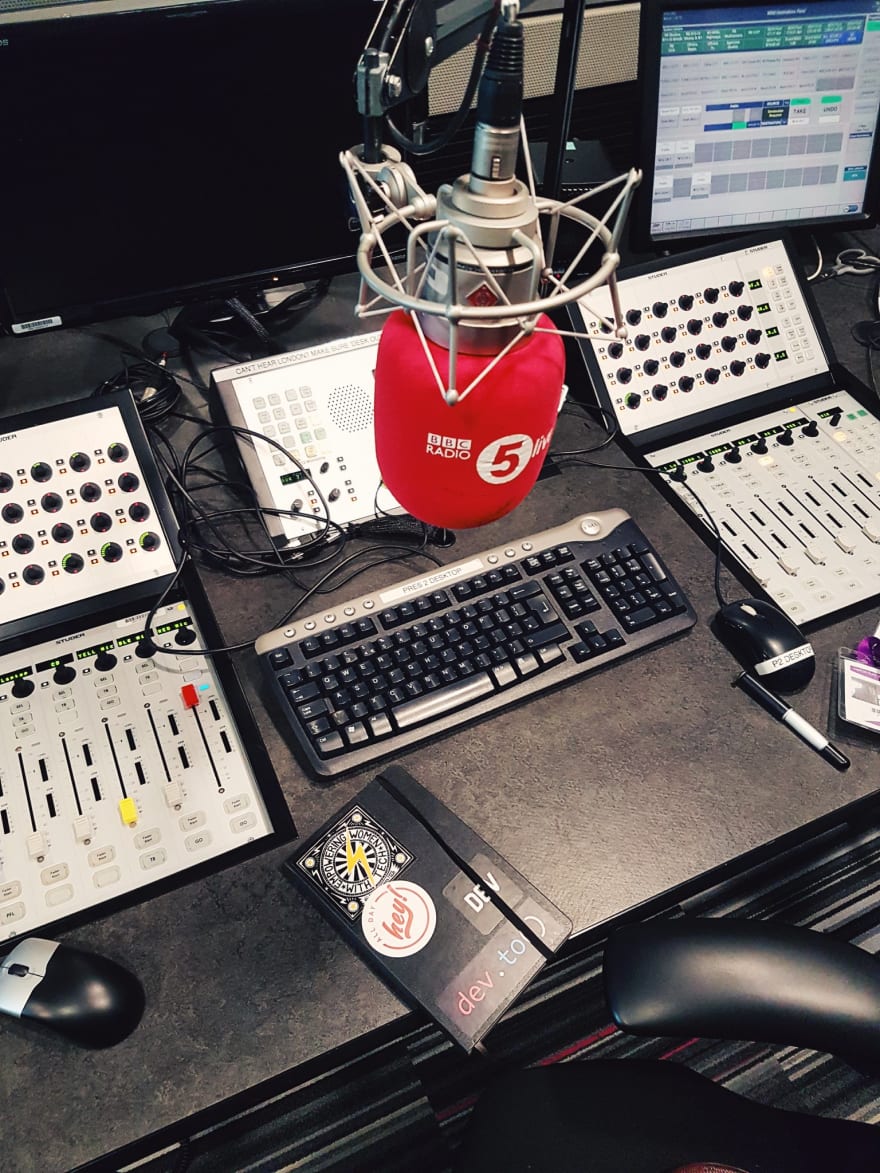The overused stereotype of a techie is someone quite introverted, who would rather not present to audiences and actively shuns the limelight. The idea of getting on TV or radio would be equal to having their skin slowly peeled off with a blunt spoon.
But when you do feel brave enough to engage with the media, there are benefits. If you have a message that you would like to get across to the world, this is the box that you can stand on to be seen.
Here are some tips to help you on your way when you do get contacted by the media:
Be Flexible
Journalists are busy and live in a world that is in constant change, running after one breaking news item after another. They are more likely to work with you, if you are able to understand the challenges they face in their jobs and accommodate their time slots. The quicker you reply to their messages and keeping your schedule flexible, makes you a prime candidate for their go-to-person on certain subjects.Politeness Costs Nothing
As much as some would like to believe otherwise, people who work in the media are human and like everyone, appreciate the small things. Always greet them and end your interview with a thank you. Your manners will come across well not just to the journalist, but to the audience watching.-
Be Helpful
Before the interview, provide the following information as soon as possible to help them prepare their work.- Your Name
- Your Job Title
- Your Company or the one you work for
- Videos / Photos if visual aids will help explain what you are trying to get across
- Facts about the topic and any other material that you may feel will be of interest. They may not use it, but you have helped them further their research into the topic that is usually out of their comfort zone.
Keep Jargon to a Minimum
This is obvious and you do hear about it all the time while working in Tech. You need to be able to speak to people who are not well versed in technical jargon. You work in a niche, but if your message needs to go out to a wider audience, you need to be able to speak their language.Keep it Interesting!
Abstract the information appropriately to your target audience. What are they looking for? The interest is not necessarily in all the specific details, which may go above the heads of most listening. Be aware of this and they will less likely tune you out.Build a Rapport
Working with the media may be a rare occurrence for you, but for the journalist, this is their job. If you find a way to help them enjoy their work, even better! They will look forward to working with you again.Avoid the Dead Air
Nothing is worse for journalists than having you respond to their questions with awkward silence while you are live on air. Avoid this at all cost. Prepare your answers beforehand, ready to respond to questions you believe they may ask. It is worth asking before the camera starts rolling, what their first question will be to help get you started. If you are caught in the dreaded dear air, they will also try to help you out of this hole, so latch on to this helping hand and don't let go.F*** Fake News
Check your facts. Avoid spreading incorrect information, just because it sounds juicy. It will spread like wildfire and you will be criticised by those in the know. This will only damage your reputation and the message you are trying to get across.Do Not Lie
This really should go unsaid, but like the last point, people are curious creatures. You will be found out.Have Fun
Not many people get a chance to talk about their passions in front of the media. Stay humble. Be grateful. Enjoy the moment!









Top comments (4)
Definitely. I think we should keep jargon to a minimum even when talking to other software professionals. It's really hard to know what three-letter acronyms you're familiar with vs someone else. Jargon is only a barrier to understanding. Your goal is to communicate well, not to make yourself feel smart.
"Your goal is to communicate well, not to make yourself feel smart." Agree entirely. Also I feel those who can communicate without a mountain of jargon actually have a better clarity of the subject than most!
Avoiding esoteric language is super important because so many of the fundamentals in computer science have such great applications to everyday life. Perhaps my favorite book of all-time is Algorithms to Live By by Brian Christian, because he's able to tie some of the deepest existential aspects of life -- optimizing your time, picking friends, finding love -- to CS subjects without making you feel like an outsider.
I am going to have to find that book, because this is something I have been discovering over the last few years. My partner who doesn't work in IT but in Sport marvels at Developers Fail Fast philosophy and sees application of that by athletes would be very beneficial!